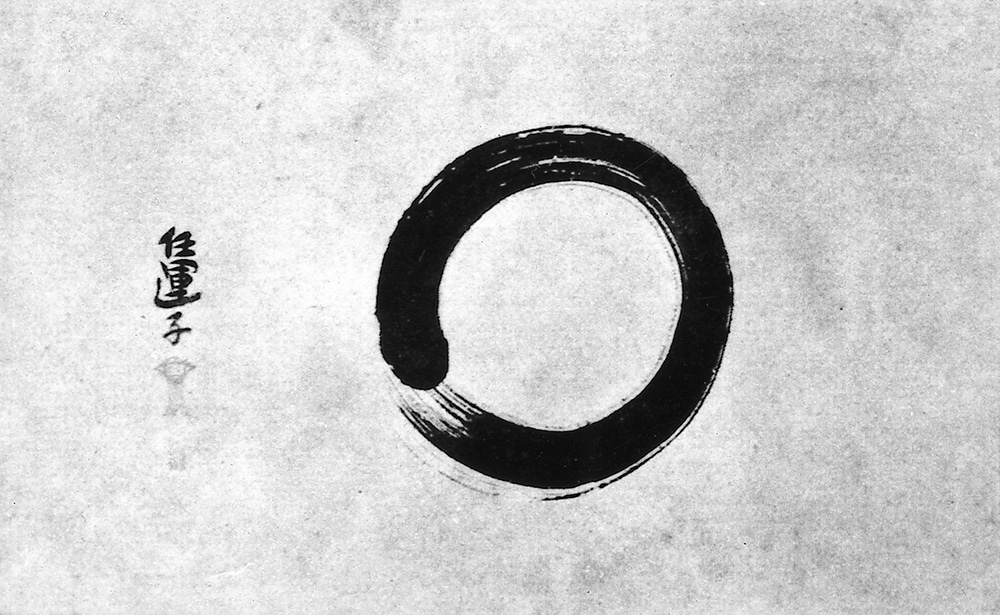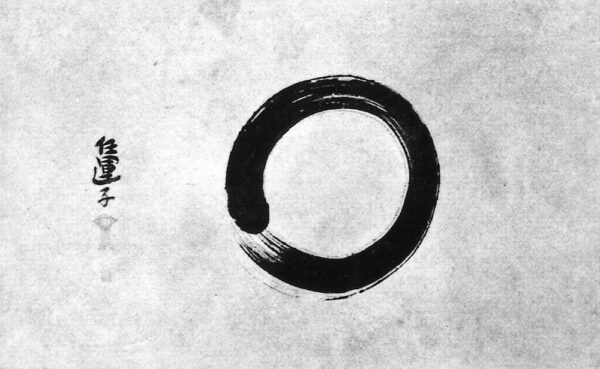
Rituals of Change
Every moment of every day we ritualize ourselves, busily re-creating that which we believe ourselves to be. Everything we are is a habit learnt from the past. Beyond the functioning of the autonomic nervous system (our lungs breathe, our heart beats its own rhythms), all that we enact each day is simply a repetition of a thought from a yesterday.
When I drink this cup of tea, I can only register hot and tasty or cold and nasty by making a lightning quick comparison to some other cups of tea I’ve had in the past. Otherwise, how would I know if it’s good or bad? Our mind is constantly busy forming and re-forming these comparisons. Of course, this survival function has its uses, like finding the nearest exit on the plane or at the movies; those distinctions are definitely worth knowing! However, one down side of this ‘comparing mind’ is that we can become set in who we believe we are and in what that person needs to have in their life to be happy. Negative rituals and self-destructive habits form so easily.
As a Zen Buddhist Priest, I teach that the root cause of suffering is attachment to self; attachment to what we think that self is and needs. But, no matter how hard we look, we are unable to find that self! We can list physical characteristics or achievements or any other thoughts about ourselves… however, I challenge everyone to find one fixed, intrinsic self! We actually live with the possibility of complete freedom if we can see that self but not continue to act it out—if we can change our rituals, the prison door is opened.
When I was fifteen, I met my first Americans on a volunteer project in Scotland. Two of us were hitch-hiking to a concert and got stuck in a small village. Renting a room for the night, my friend asked if I’d ever used drugs before. “Oh sure,” I lied.
“Well,” she said, “Take this. It’s called mescaline. Rest awhile and when you wake up things will be different.” That was when I fully realized that perception can radically change! I became very fond of playing with the mind as a teenager, and was thus well prepared when I began to meditate to see that perception is simply a construct. Try it out the next time you’re on a bus. Look around at the folks and you will notice you form a perception about each of them, and yet, you have no idea who or what they are!
Every moment of each day I now practice zazen, which means ‘just sitting’. That’s just sitting (or walking, or eating, etc.) and doing nothing else. I can highly recommend it as a way to see through those self-perceptions and the ‘needs’ they give us. We can watch the thoughts arise that tell us “I’ll be happy when I have…” and we can learn to watch them pass by without believing them.
Life is full of joy, but our habit of performing old, un-fruitful rituals can cause us much distress and even harm. I’m in my sixties and have managed to leave behind almost all of my old ‘rituals’ such as self-hate and too much alcohol and am practicing harm reduction on the stubborn ritual of smoking tobacco! Forgiving oneself is a great new ritual to acquire!
What are your rituals and can you be still with them a moment to see what beliefs they arise from? Can you create new rituals for yourself that support your open mind, health and happiness? You don’t have to create an altar—my favorite simple ritual is this; when I turn on the faucet I think of those who don’t have enough water and always take just enough water for what I need. This gives a moment of focus and well-wishing for the planet.
Rites performed together can be very healing, whether at a sweat lodge, peyote circle, temple or pagan ceremony in the woods; we have a vast treasury of rituals to help support us on this amazing journey.
Here’s a ritual we share in our Harm Reduction Meditation Groups that you might like to try:
We sit quietly then silently chant loving kindness, beginning with ourselves, then sending it out to anyone we know who is in need, then to all beings.
May I Be Happy.
May I live in Peace.
May I live in Good Health.
May All Beings Be Happy.
Rev. Jana Drakka contributed the compelling piece “Buddhist Harm Reduction and Cannabis” to the new edition of Zig Zag Zen: Buddhism and Psychedelics.

